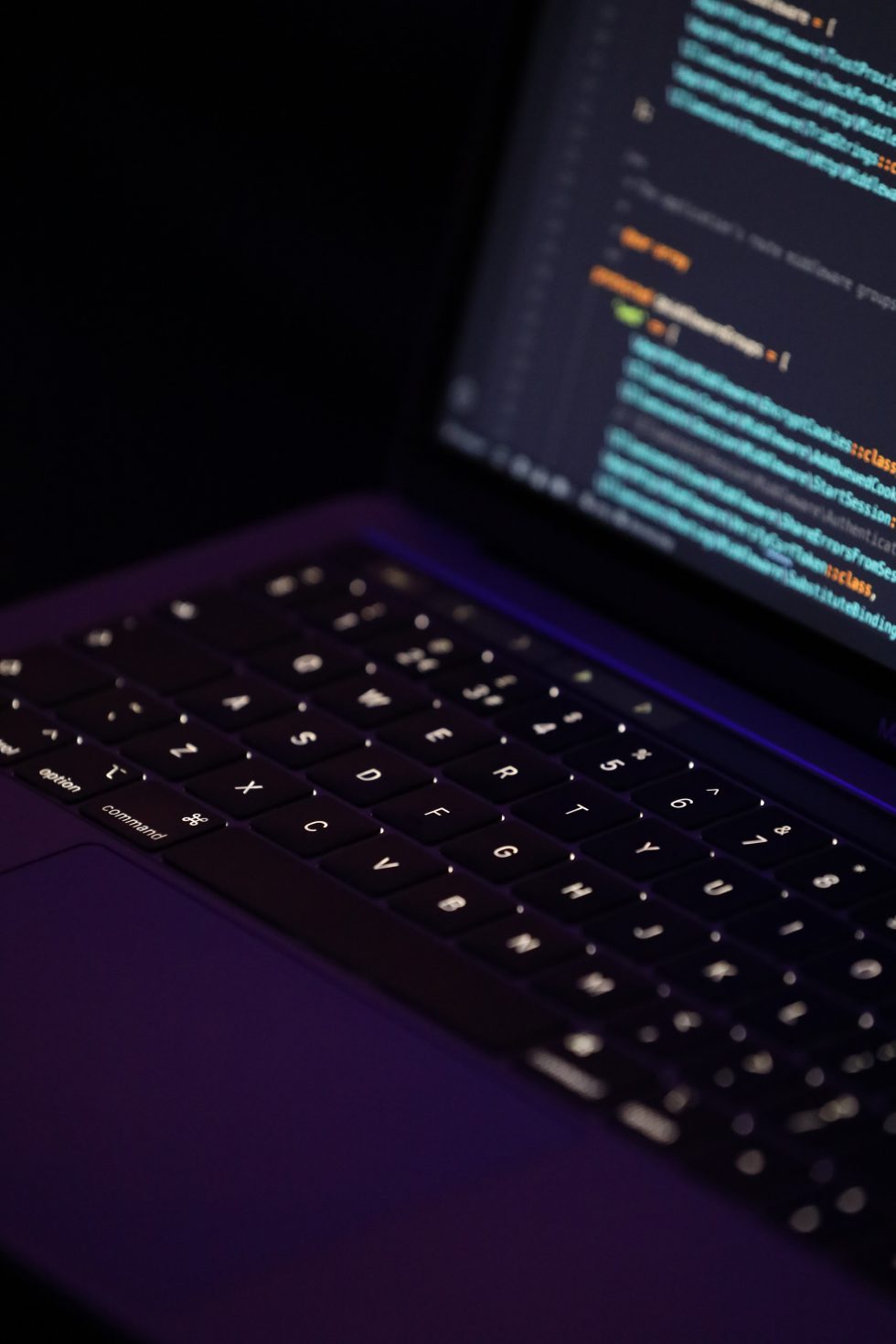As the pandemic forced workforces to transition from offices to homes, the immediate focus was on ensuring the functionality of IT to enable remote work. However, many businesses overlooked the critical security layer of their IT infrastructure when employees started working from home. Here are some crucial steps businesses should take to maintain security while working remotely:
- Virtual Private Network (VPN):
Implementing a Virtual Private Network (VPN) is essential to secure all communications from any internet connection. As employees primarily use standard home broadband connections, which are often shared over semi-secure Wi-Fi networks, a VPN ensures a secure connection for remote work.
- Multi-Factor Authentication (MFA) / Two-Factor Authentication (2FA):
MFA or 2FA adds an extra layer of security to prevent phishing attacks and weak passwords. Users must provide additional authentication, such as SMS/text or an authentication app on their mobile devices, in addition to their passwords, to access systems and data.
- User Awareness:
The most effective security measure is to raise staff awareness about potential threats. Training employees to identify phishing emails and verify links before clicking them is crucial. Conducting quarterly lunch and learn sessions with an IT provider can help keep staff informed about the latest threats and best security practices.
- Web Security:
With employees working from home, the temptation to surf the web and access shopping websites during work hours may increase. Unlike the office environment, home networks often lack robust firewall protection. Employing a web security filter can block access to malicious sites and provide insights into employees’ online activities. This tool reinforces security awareness and ensures a commitment to productive work.
To safeguard your work from home setup, consider conducting a security assessment with your IT provider. They can identify potential vulnerabilities and implement the necessary measures to protect your business and data while employees work remotely.
In this ever-changing landscape, prioritizing IT security when working from home is crucial for businesses to protect sensitive information and maintain productivity in the face of potential cyber threats.



